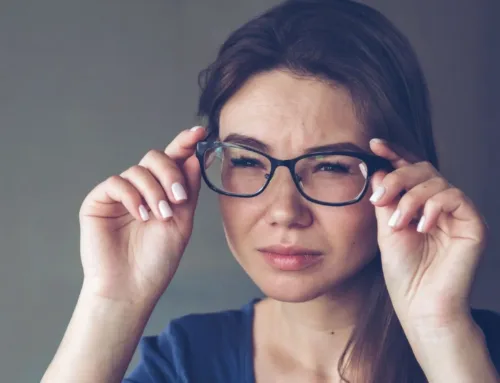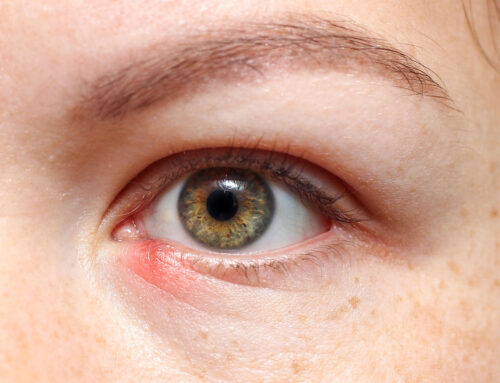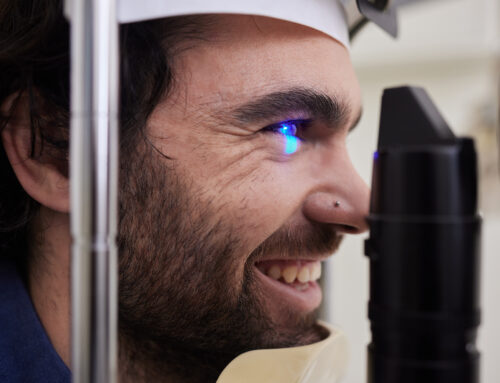The Sunshine State is world-renowned for its hot sun and sandy beaches. As a native Floridian, Dr. Brock Magruder, the top eye surgeon in Orlando, knows how important wearing sunglasses is to your eye health. But what do you really know about choosing an appropriate pair of sunglasses? How do you know what protection you need? What’s the difference in polarized lenses? Doc Brock debunks the top six myths about sunglasses for you.
-
The darker the lens, the more protection it provides. FALSE.
The protection from UV rays is what matters most when selecting sunglasses. The tint of the lens is more a matter of personal preference than the percentage of UV blockage is. You should always purchase sunglasses that provide 100% UV protection.
-
The more expensive the glasses, the better UV protection. False.
Studies have indicated that an inexpensive pair of sunglasses that offer 100% UV protection can and, often do, provide the protection they claim. Expensive glasses may provide sturdier frames, the latest styles, and better quality lenses, but the UV protection is what really matters. You should keep in mind that most optometrists can verify UV protection at no charge in a matter of minutes.
-
Children should begin wearing sunglasses at an early age. True.
Children typically spend more time in the sun than their adult counterparts. It is very important to provide 100% UV protection to their young eyes to help prevent eye health issues down the road. Children’s sunglasses are cute and inexpensive but do not always deliver the necessary protection. It’s important to have them checked for maximum UV protection.
-
Sunglasses are unnecessary on a cloudy day. False.
The strength of ultra violet rays is not diminished by clouds. We highly recommend wearing sunglasses even on those infrequent non sunny days in Florida.
-
Polarized lenses provide the best protection from UV rays. FALSE.
Polarized lenses do provide better clarity and sharper images, but not all polarized lenses deliver 100% UV protection, although most do. That being said, polarized anti-glare lenses can also be misleading. Have them checked to be sure your eyes are being adequately protected.
-
The color of the glass impacts the UV protection. False.
Whether you choose brown, blue, green, or any of the other available lens tints on the market, color does not affect the amount of protection your eyes need. Even the “Blue Blocker” lenses that were of a yellow-orange tint and claimed to block other types of light waves were never successfully proven to do so.
Your eye health and the appropriate protection of your eyes is the primary concern for Doc Brock and the skilled staff at Magruder Laser Vision. As the leading eye surgeon in Orlando, it is his primary goal to help you maintain your ability to view the world with healthy eyes and crisp, clean vision. Call us today at 407-843-5665 to schedule a consultation.




